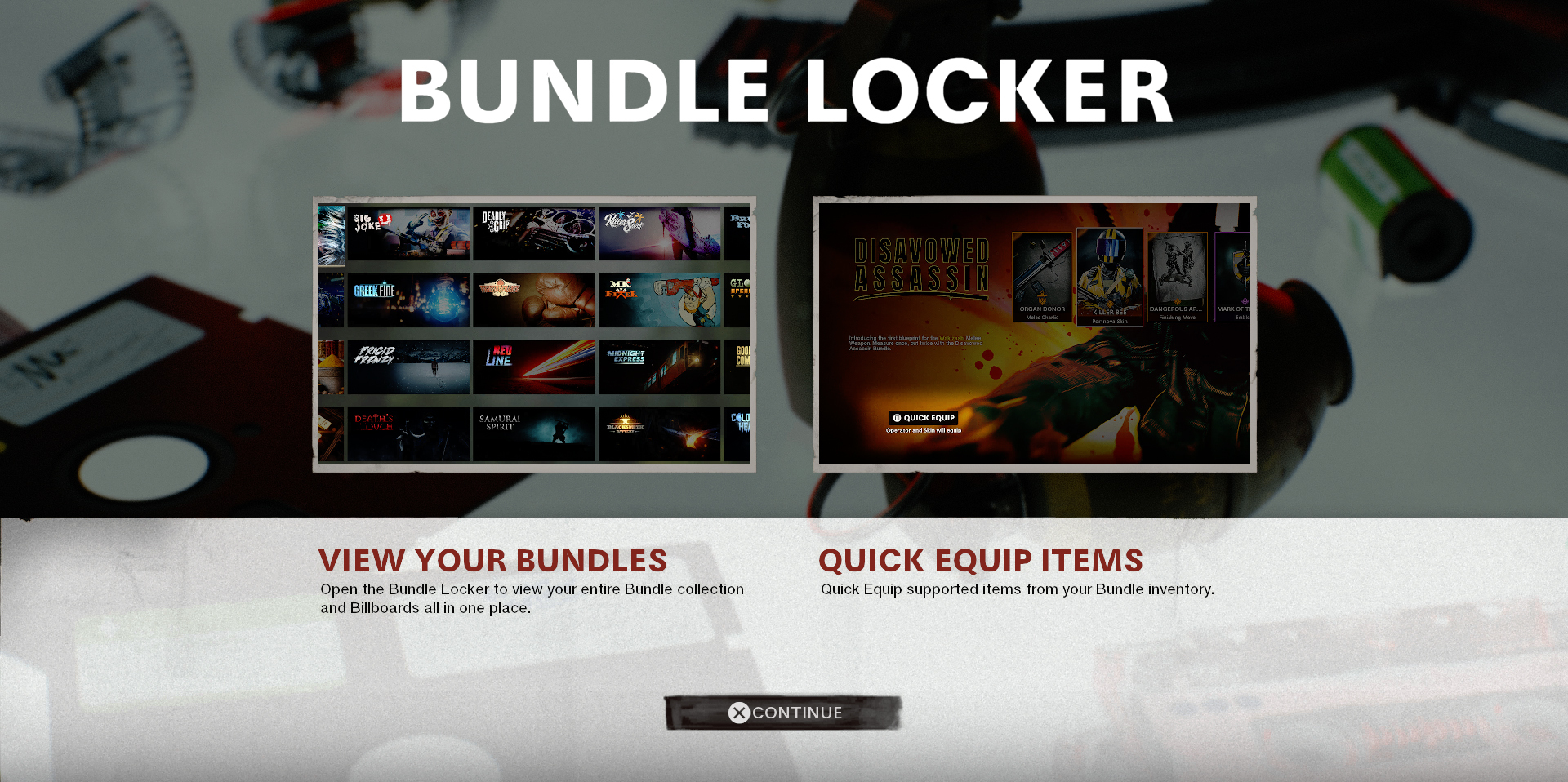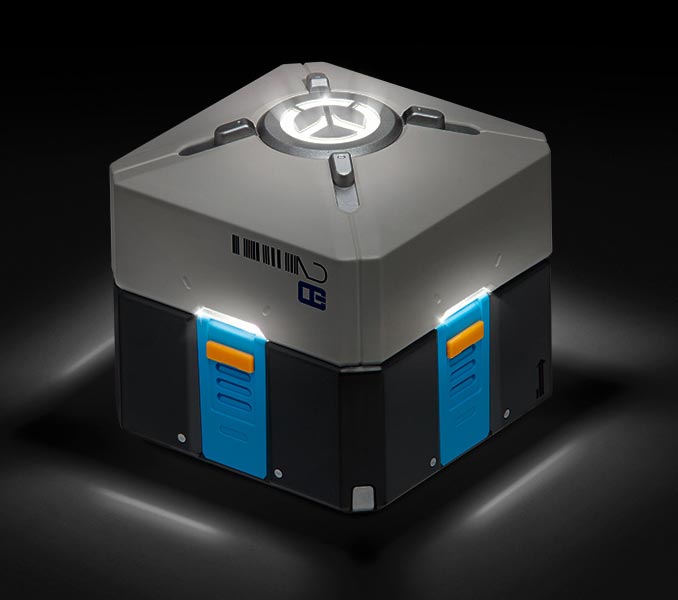

For years, the bear thesis on was predicated on de-emphasizing them due to their own DTC ambitions, but had continued to grow with Nike due to its position as a 'strategic partner,'" they said. "Being a 'strategic partner' doesn't mean as much as it used to. Wedbush analysts Tom Nikic and Ezra Weener wrote in emailed comments that they "don't really see a silver lining here." The move is already impacting Foot Locker to a serious degree, though, and some analysts are not as convinced about what Foot Locker's future looks like without Nike. ĭespite the loss of Nike, "Foot Locker's strategic shift to add more brands and be less dependent on one vendor, transition its store base to off-mall locations, and participate in new revenue streams like resale with GOAT make sense and should strengthen the company's position in the marketplace add shareholder value over time," Telsey analysts, led by Cristina Fernández, wrote in emailed comments. In response to the decrease in Nike products, Foot Locker is ramping up the contribution from other suppliers, including a recent deal with Reebok to gain exclusive access to some of its products, and continuing to build out its private label assortment. By limiting the amount of products Foot Locker receives, Nike might drive more sales of hot products through its own channels, but executives still expect Foot Locker to benefit as well. Johnson also emphasized that part of Nike's success comes from its ability to control the scarcity of its products. "There's nothing like a retro Jordan launch that comes in on a Friday and sells on a Saturday," Johnson said.įoot Locker will still have access to Nike's top products, but the amount it receives will change. Non-Nike comps at Foot Locker grew by over 30%, according to Johnson, though its non-Nike brand partners are "a little bit less productive" than Nike.

As the impact of the pandemic has waned, however, the retailer can return to its strategy of diversifying its offerings. In 2020, some of the high Nike concentration was based on "the thought of survival," Johnson said. Foot Locker had a heavy concentration of certain popular Nike products in 20, which drove great results but goes against Foot Locker's aim of being a "house of brands." While some of that is undoubtedly because of Nike's shift to a more DTC model, Johnson also said the decision is for Foot Locker's health as a business. Now, however, the relationship between the two companies is changing.įor 2022, Nike will make up 60% of Foot Locker's supplier spend, but come Q4, Foot Locker expects Nike to make up no more than 55% going forward. Foot Locker has been one of a few key wholesale partners that Nike names in its own earnings results, and so far has been protected from Nike's shift out of undifferentiated wholesale.


 0 kommentar(er)
0 kommentar(er)
